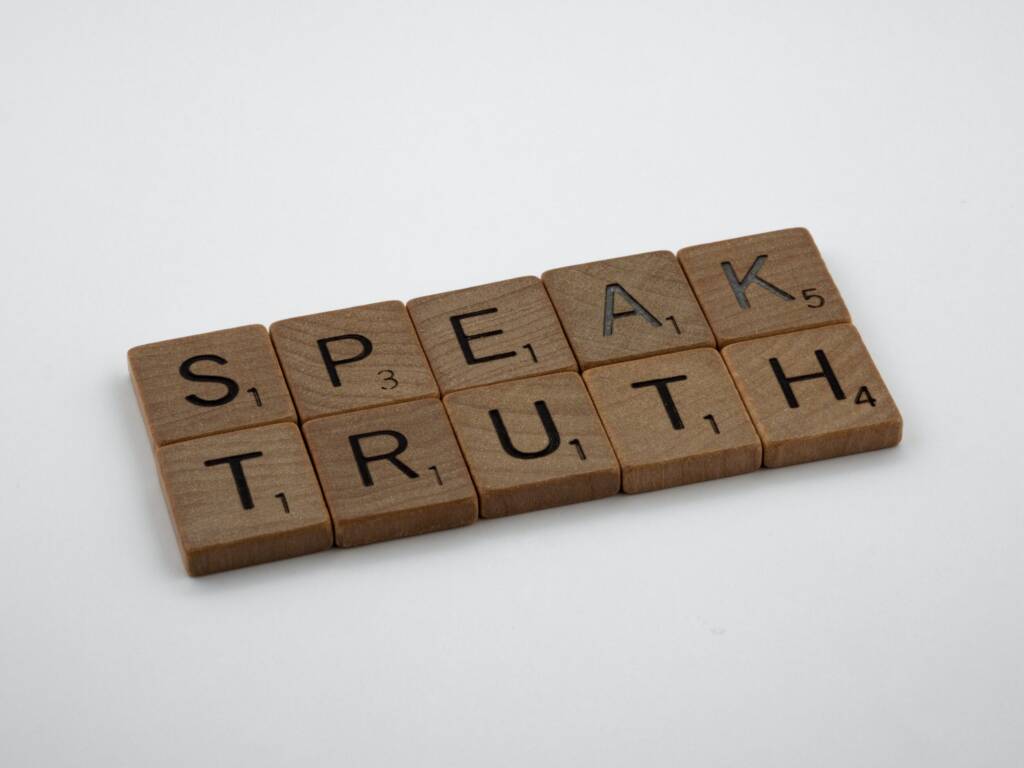
TRUST ISSUES, A BLOCK TO YOUR JOURNEY
Clearing away trust issues and becoming more authentic
TRUST ISSUES BETWEEN PARTNERS OF ANY RELTIONSHIP, JUST MADE HARDER BY THE TWINFLAME RELATIONSHIP JOURNEY
Trust Issues in Your Twin Flame Journey: Embracing Authenticity
Introduction
In the realm of twin flame connections, trust issues can emerge as significant roadblocks in a person’s journey towards union. These trust issues, rooted in past hurts and insecurities, can hinder the progress of self-growth and prevent individuals from embracing authenticity. However, by understanding the connection between trust and authenticity, one can embark on a transformative path towards true union with their twin flame.
Understanding Trust Issues
Trust issues within a twin flame journey often stem from prior experiences of betrayal, abandonment, or emotional harm. Past wounds create a barrier, making it challenging to fully trust one’s twin flame and open up emotionally. These trust issues act as a mechanism of self-protection, aiming to prevent re-experiencing painful emotions. However, by constantly doubting their twin flame’s intentions, individuals unwittingly stunt their personal growth.
The Link Between Trust and Authenticity
Trust serves as a foundation for authenticity within a twin flame connection. Authenticity involves embracing one’s true self, acknowledging vulnerabilities, and expressing emotions honestly. When trust issues persist, individuals often conceal their authentic selves, fearing rejection or judgment from their twin flame. They present a version of themselves that they believe will be liked or accepted, rather than revealing their true essence.
Conversely, trust creates an environment where individuals feel safe to be vulnerable and express their authentic selves. By trusting their twin flame, individuals open the door to deeper connection and self-discovery. This trust enables a nurturing environment where growth and transformation can flourish, leading to a more genuine experience of the twin flame journey.
Steps Towards Authenticity
1. Awareness: The first step towards becoming more authentic on your twin flame journey is cultivating self-awareness. Recognize the trust issues that arise within you and the ways they impact your behaviors and interactions with your twin flame. Acknowledging these issues is crucial for initiating the healing process.
2. Healing the Past: Heal your past wounds by engaging in inner work. Seek therapy, practice meditation, or engage in energy healing modalities to release past hurts and build a stronger foundation within yourself. By addressing these trust wounds, you create space for growth, allowing authenticity to flourish.
3. Communication and Vulnerability: Cultivate open and honest communication with your twin flame. Share your fears, concerns, and desires, allowing both of you to understand each other at a deeper level. By expressing vulnerability, you build trust, creating a safe space for authenticity to emerge.
4. Self-Love and Acceptance: Embrace self-love and self-acceptance as integral parts of your journey. By acknowledging and embracing all aspects of yourself, including your flaws and imperfections, you pave the way for greater authenticity. Remember, loving and accepting yourself contributes to building trust, both within yourself and your twin flame connection.
5. Patience and Compassion: Trust issues cannot be resolved overnight. Practice patience and compassion, both towards yourself and your twin flame. Understand that healing takes time, and progress might occur in fits and starts. Allow yourself to make mistakes and learn from them as you continue on your authentic path.
Conclusion
Trust issues in your twin flame journey can be powerful catalysts for growth and self-discovery. By recognizing the link between trust and authenticity, you embark on a transformative journey towards embracing your true self. By healing past wounds, communicating openly, and cultivating self-love, you build trust within yourself and your twin flame connection. Ultimately, through embracing authenticity, you create the foundation for an unbreakable bond with your twin flame.

Title: Embracing Authenticity: Breaking Free from the Chains of Deception
Introduction
In a world often entangled in the web of pretense, living an authentic life has become a rare and precious virtue. However, the time has come for us to shed the burden of falsehood and step into the light of our true selves. Relationships, especially those based on deception, suffer from a lack of trust, connection, and depth. It is time to remove the mask and embark on a journey towards genuine connection and authenticity.
Breaking Free from the Chains of Deception
Living a lie can be exhausting and detrimental to our overall well-being. Hiding our true selves from others denies us the opportunity to be seen, understood, and loved for who we truly are. The strain of maintaining an elaborate facade prevents us from forming deep and meaningful connections with others, including our twin flame.
Authenticity invites vulnerability, allowing us to embrace our imperfections and share our genuine emotions, aspirations, and fears. When we unburden ourselves from the weight of deceit, we open up space for authenticity to flourish. Only by presenting our authentic selves can we create the foundation for trust and true connection in our relationships.
The Journey to Authenticity
1. Self-Reflection: The first step towards authenticity is self-reflection. We must honestly examine the reasons behind our inclination towards deception. Often, fear of rejection or judgment propels us to construct a false persona. Identifying these underlying fears empowers us to challenge and overcome them.
2. Embracing Vulnerability: Acknowledging our vulnerabilities is crucial in establishing genuine connections. By allowing ourselves to be seen in our truest form, we grant others the opportunity to witness our authenticity. This vulnerability fosters a sense of trust in our relationships, encouraging our twin flame to reciprocate and reveal their true selves as well.
3. Open and Non-Judgmental Communication: Honest and open communication forms the bedrock of authentic relationships. Speaking our truth, even when uncomfortable, is essential for fostering genuine connections. By listening attentively, withholding judgment, and expressing ourselves honestly, we create a safe space for our twin flame to do the same.
The Liberating Power of Authenticity
As the veil of deception gradually lifts, we embrace the liberating power of authenticity. Genuine connections flourish, anchored in trust, intimacy, and mutual understanding. The strength of a relationship lies not in superficial appearances, but in the depth and vulnerability shared by both individuals. Authenticity allows us to embark on a journey of self-discovery, growth, and transformation, both as individuals and as a couple.
Conclusion
It is time to let go of the big lie that has held us captive for far too long. By embracing authenticity, we empower ourselves to forge genuine connections with our twin flame and those around us. Authenticity brings freedom and joy, releasing us from the shackles of deception and inviting love, support, and understanding into our lives. Let us embark on this beautiful journey together, and build relationships grounded in truth, vulnerability, and unwavering authenticity.

Compulsive Lying: The Detrimental Impact on Our Wellbeing
Compulsive lying, a destructive habit frequently fueled by underlying psychological issues, has a profound impact on our overall wellbeing. This pattern of dishonesty can erode our mental, emotional, and even physical health, as well as strain our relationships and sense of self. As we delve into the various ways in which compulsive lying undermines our wellbeing, it becomes evident that breaking free from this harmful behavior is crucial for personal growth and happiness.
One of the primary negative effects of compulsive lying is the toll it takes on our mental health. Engaging in a pattern of consistent dishonesty can lead to heightened stress, anxiety, and feelings of guilt. As lies escalate and become more elaborate, individuals often find themselves trapped in a web of deception that constantly consumes their thoughts. This perpetual state of anxiety can lead to sleep disturbances, difficulty concentrating, and a generalized sense of unease, ultimately compromising our psychological wellbeing.
Moreover, compulsive lying can have severe consequences on our emotional health. When we habitually fabricate stories, we detach from our authentic selves and create an emotional disconnect within. The emotional toll of constantly hiding behind falsehoods can manifest as feelings of emptiness, loneliness, and a lack of self-worth. Over time, this erosion of our emotional well-being can result in depression, isolation, and a deep sense of emptiness that permeates various aspects of our lives.
Compulsive lying also wreaks havoc on our relationships. Trust, the foundation of any healthy connection, is irreparably damaged when deceit becomes a norm. Friends, family, and romantic partners may feel betrayed, hurt, and uncertain about our authenticity. The breakdown of trust can strain relationships to the breaking point, leading to alienation and a profound sense of isolation. Consequently, our social support system deteriorates, further compromising our overall wellbeing.
Additionally, our physical health may suffer as a result of compulsive lying. Given the close relationship between mental and physical wellness, the stress and anxiety caused by habitual dishonesty can manifest in tangible ways. The elevated levels of stress hormones can weaken the immune system, leaving us more vulnerable to illness. Moreover, the combination of the emotional turmoil and sleep disturbances induced by compulsive lying can impair our ability to practice self-care, leading to unhealthy lifestyle choices and a neglect of our physical well-being.
In order to reclaim our overall wellbeing, it is essential to confront and address compulsive lying. Seeking professional help, such as therapy or counseling, can empower individuals to understand the root causes of their deceitful behavior and develop healthier coping mechanisms. Engaging in practices that promote self-reflection, such as journaling or meditation, can also help uncover the underlying emotional issues driving the compulsion to lie.
Ultimately, breaking free from the destructive pattern of compulsive lying is crucial for our mental, emotional, and physical health. By dismantling the web of deceit and learning to embrace honesty, we can rebuild trust in our relationships, nurture our emotional well-being, and create a solid foundation for personal growth. Let us prioritize our wellbeing by choosing to live authentically, fostering trust, and embracing truthfulness in all aspects of our lives.
